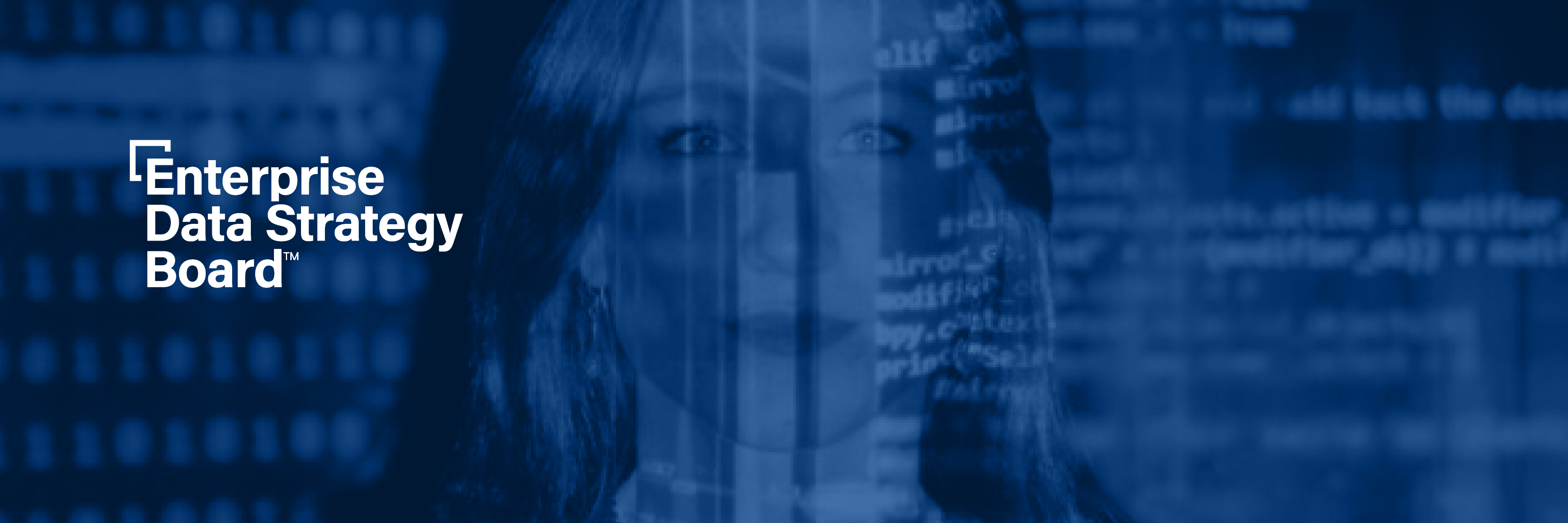To many, it feels as if global crises are growing more frequent and convoluted, and those working in the social sector or government agencies are tasked with navigating increasingly complex issues.
These complicated problems have given rise to innovative solutions — primarily fueled by data and analytics.
In what’s become known as the “Data for Good” movement, both public and private enterprises are donating their data, staff, and technology to aid humanitarian efforts around the world. From protecting endangered species to finding treatments for incurable diseases, there are endless opportunities to leverage data for philanthropic goals.
Though there are countless examples, here are three companies using data for good.
1. How SAS is working to protect endangered species — one footprint at a time
The analytic software company, SAS, is no stranger to the “Data for Good” movement. In 2020, the enterprise aided government agencies and healthcare providers working to mitigate the spread of coronavirus by building reports that highlight key virus statistics.
Today, SAS is actively engaging in several humanitarian partnerships including one with WildTrack, which uses non-invasive monitoring of endangered species — like Bengal tigers and black rhinos — through digital footprint images.
Using SAS technology, researchers at WildTrack are exploring how artificial intelligence and crowdsourced footprints from across the globe can help answer conservation questions. With the help of AI and progressive learning algorithms, researchers could determine where animals are migrating and how many are left.
“With deep learning, a computer can be trained to perform human-like tasks such as identifying footprint images and recognizing patterns in a similar way to indigenous trackers. But with the added ability to apply these concepts at a much larger scale and more rapid pace. Analytics really underpins the whole thing, potentially giving insights into species populations that WildTrack never had before,” SAS explains.
2. Mastercard steps up to help with the crisis in Ukraine
Mastercard is a large promoter of data philanthropy. Through The Mastercard Center for Inclusive Growth and The Mastercard Impact Fund, the brand is leveraging data insights, expertise, and technology to produce research, scale global programs, and empower communities working toward inclusive growth.
Shamina Singh, President of the Mastercard Center for Inclusive Growth, said impact data science is a top priority. In 2020, Mastercard launched data.org, alongside The Rockefeller Foundation, to help global organizations infuse data science into the social sector.
“If the private sector and other funders, including foundations and development organizations, work together, we can help NGOs and under-resourced governments build more sophisticated data science infrastructure of their own — strengthening their ability to battle crises and bolstering global resiliency,” Shamina wrote in an article for the World Economic Forum.
Most recently, Mastercard has stepped up to assist with the crisis in Ukraine as Eastern European governments work to accept an exodus of Ukrainian citizens fleeing Russian invasion. Shamina said a city in Poland turned to Mastercard for help planning for this influx of people.
“Within a matter of days, our team analyzed regional spending patterns to provide near real-time insights that helped city officials better prepare to meet the needs of exhausted, traumatized families,” Shamina wrote.
3. Ten pharmaceutical companies work to provide new diagnostics and theories for incurable diseases
When it comes to data philanthropy, there’s often power in numbers.
The Accelerating Medicines Partnership, or AMP, was the culmination of efforts between the National Institutes of Health (NIH), the U.S. Food and Drug Administration, nonprofit organizations, and ten pharmaceutical companies. Together, the AMP aims to transform the models used for developing new diagnostics and treatments.
The enterprises included Enterprise Data Strategy Board Member Takeda Pharmaceuticals, AbbVie, Biogen, BristolMyers Squibb, GlaxoSmithKline, Johnson & Johnson, and Merk, among other large biopharmaceutical brands.
By collectively donating data, these enterprises and the NIH are working to identify promising drug and diagnostics targets for incurable diseases including Lupus, rheumatoid arthritis, diabetes, Alzheimer’s, and more.
“AMP partners share a common goal of increasing the number of new diagnostics and therapies for patients and reduce the time and cost of developing them. The AMP program aims to improve understanding of therapeutically relevant biological pathways and validate information that could be relevant for the development of multiple therapeutics,” the NIH states.
4. How could your company’s data make a difference?
It’s clear that a growing number of global organizations have an interest in data philanthropy, and if you think your company’s data couldn’t serve a greater purpose, then think again.
Still, there are a number of factors to consider when donating data, from securing leadership support to ensuring proper data privacy. As a data strategy leader, you might be wondering where to begin?
Mallory Freeman, UPS Senior Director of Advanced Analytics, will lead a behind-the-scenes conversation on data philanthropy on Tuesday, June 21, at 3 PM ET, with the Enterprise Data Strategy Board.
Mallory — who hosted the TED Talk, “Your Company’s Data Could Help Solve World Hunger” — will highlight creative ways to donate data and how to partner with outside organizations and identify allies.
The conversation is exclusive to Enterprise Data Strategy Board Members like Mallory — data strategy leaders at billion-dollar brands — but we’re welcoming a select group of industry leaders.
Learn how you can join the conversation below.
Interested in learning more about The Enterprise Data Strategy Board?
Get in touch


